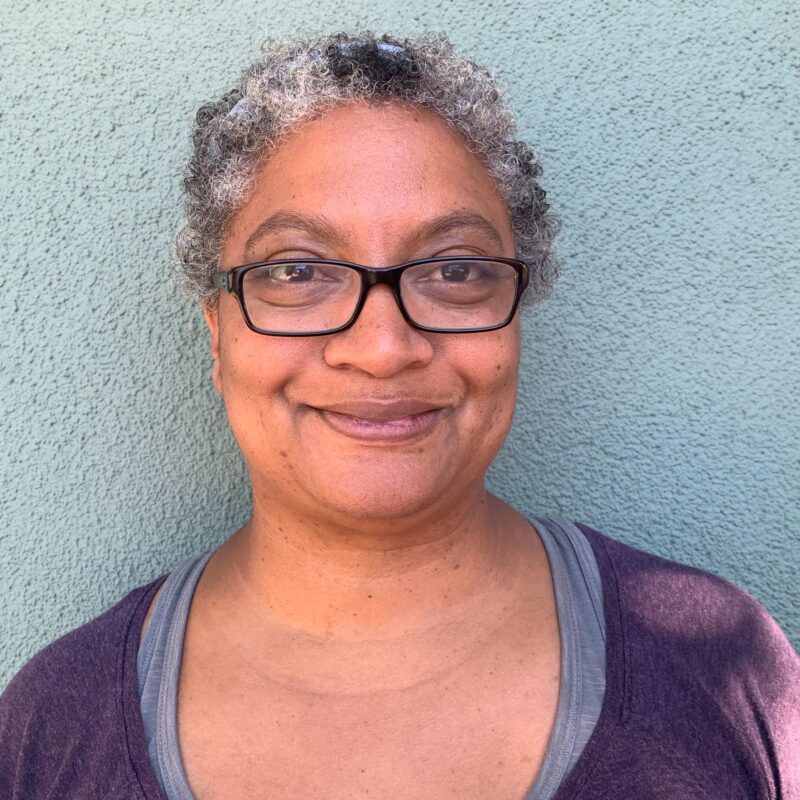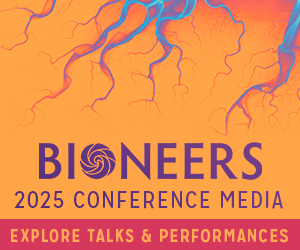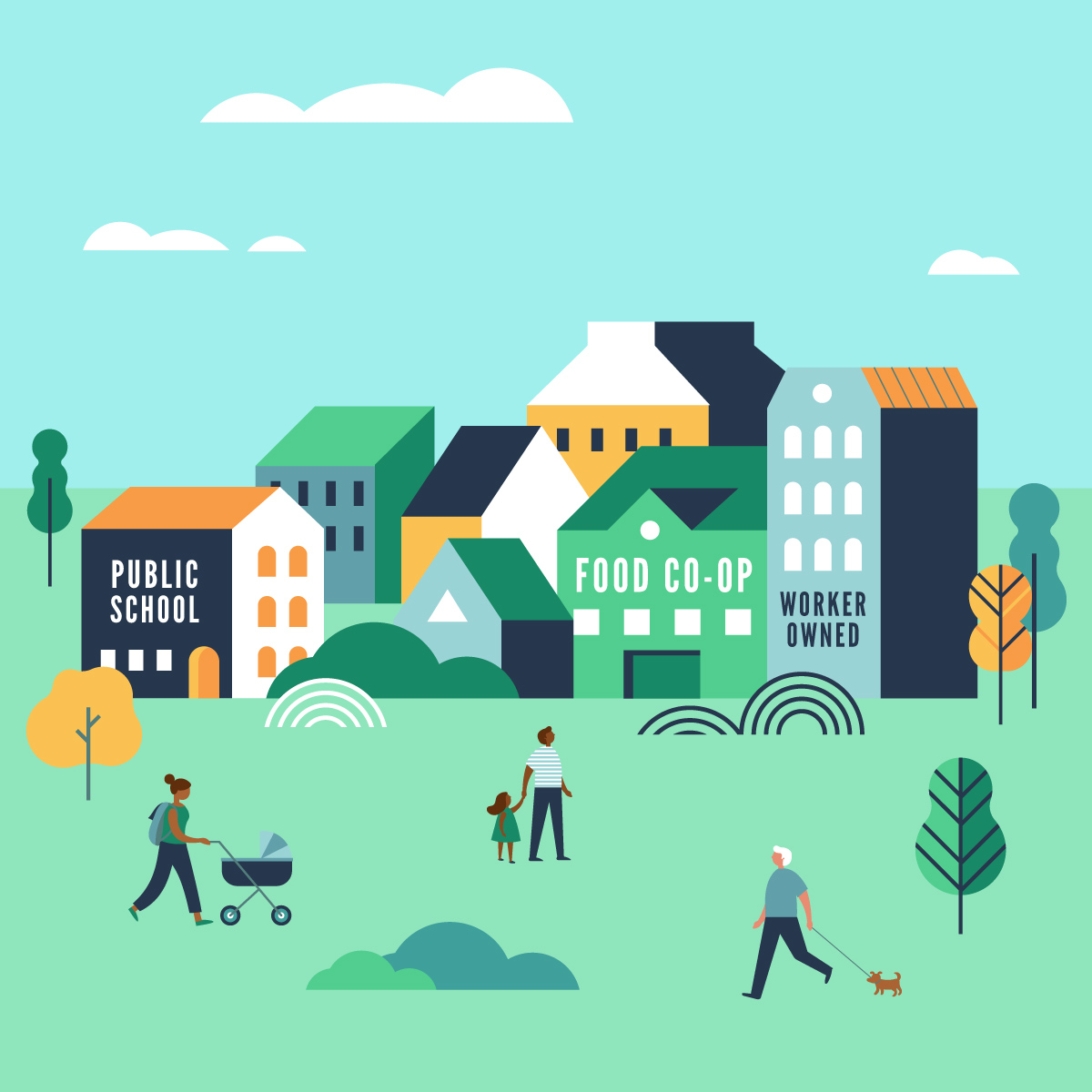Doria Robinson – Empowering Community from the Grassroots: The Richmond, CA Model
The city of Richmond has provided an impressive example of highly effective progressive grassroots organizing that has included the building of groundbreaking citizens’ organizations, local institutions and co-operatives and successful electoral campaigns, as well as a major Environmental Justice victory in a decades-long struggle with Chevron, whose massive facilities have long polluted the region. One of the most important figures in this exemplary community is Doria Robinson whose multi-faceted activism has been a key element in its successes. She’s been the Executive Director since 2007 of Urban Tilth, a renowned urban food project building a more sustainable, healthy, and just food system and helped nurture the birth of many local initiatives from bicycle co-ops to urban “greening” projects. Now serving on Richmond’s city council, Doria shares some of what she has learned in her decades of building people’s power from the ground up.
This talk was delivered at the 2025 Bioneers Conference.

Doria Robinson, a 3rd generation resident of Richmond, California, current member of the Richmond City Council (District 3), and one of the most effective, exemplary community organizers in the nation, has been, since 2007, the Executive Director of Urban Tilth, a widely renowned community-based organization dedicated to cultivating a more sustainable, healthy, and just food system. Also co-founder of the Richmond Food Policy Council, former co-chair of the US Food Sovereignty Alliance Western Region, and member of the Climate Justice Alliance, Food Sovereignty Working Group, Doria (a Certified Permaculture Designer, Bay Friendly Gardener, Nutrition Educator and Yoga Instructor) has a strong background in farming, from working on the 350-acre Apostolic Temple of Truth Ranch on weekends in her youth to working on organic farms in Massachusetts while in college, and later at the legendary Veritable Vegetable women-owned organic produce distribution company.
EXPLORE MORE
Community Wealth Building Podcast Series
For over a decade, longtime reporter on economic and social change, Laura Flanders, has been looking for alternatives – new economic models that are different from the kind of capitalism we’ve come to know, or state socialism. What if, she asks, instead of tweaking the system to reduce the damage, we reorganized entirely so that both local and national economies produced better outcomes for people, communities and the planet in the first place?
From Scarcity to Abundance: How Collective Governance Can Transform the Climate Crisis
In this podcast episode, award-winning lawyer and climate justice organizer Colette Pichon Battle lays out a bold vision to transform the Gulf South and Appalachia away from the lethal matrix of fossil fuel extraction and extractive economics, and toward a regenerative future of clean energy democracy, and an equitable, inclusive economy.


